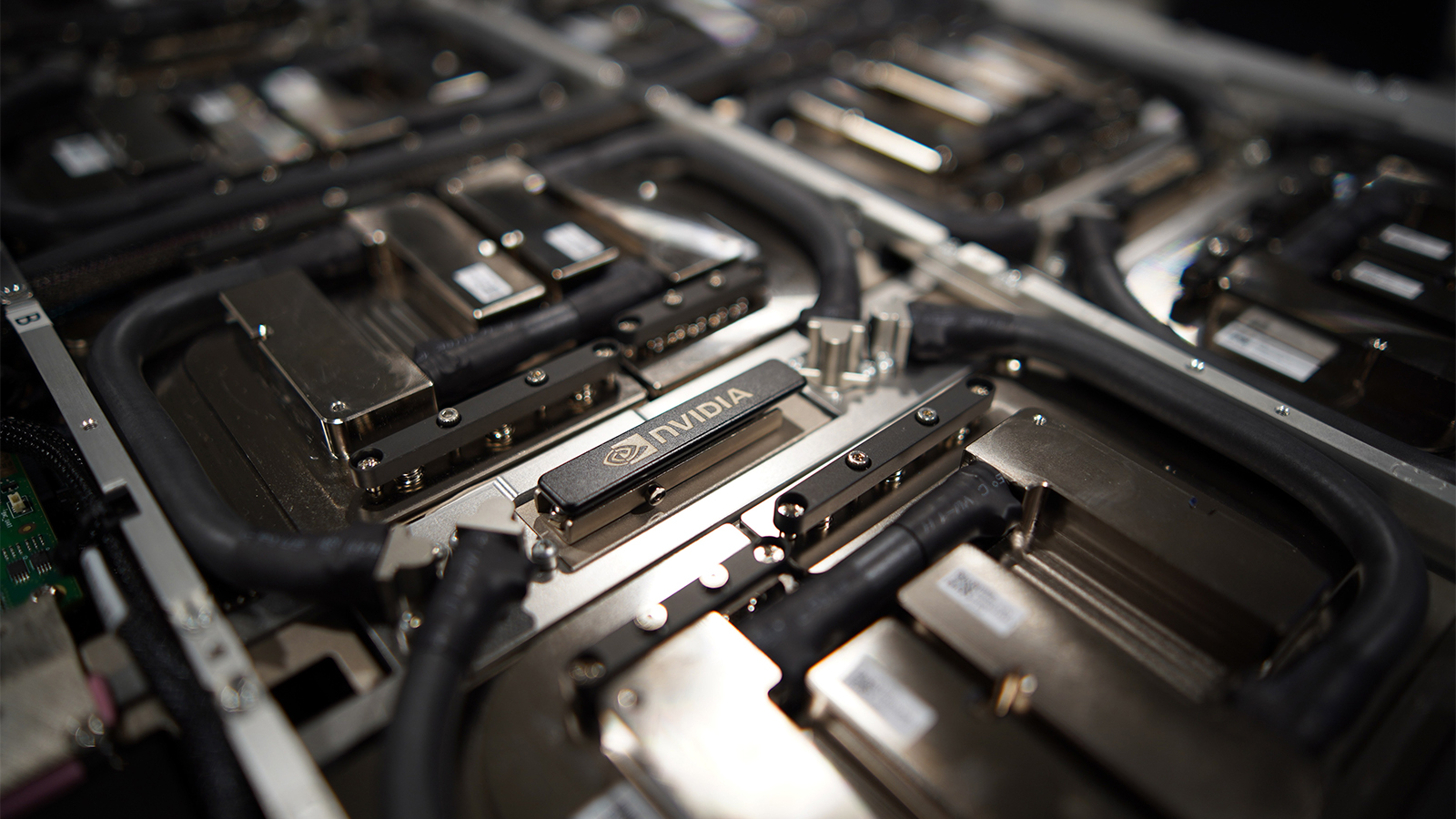New export regs may see Israel requiring a license to buy U.S. chips developed in the country
And a bunch of other allies.

Under the recently proposed U.S. export rules for advanced artificial intelligence processors, only entities in the U.S. and 18 allied countries can get advanced AI hardware without any restrictions. 120 countries — including both allied nations and foes like China and Russia — will either face restrictions or will be generally prohibited from buying devices like Nvidia's H100 or B200 GPUs for AI and HPC. Among the restricted countries are close allies of the U.S., including Israel, which already called the proposal a major blow.
"This will have a very significant impact on Israel," a market source told CalcalisTech. "Limiting the country's computing power is a major blow. These technologies are already embedded in millions of computers today. Every processor destined for Israel will need approval from a U.S. regulator, delaying research, data center construction, and the provision of cloud services."
Advocates for the Israeli tech industry, such as Eli Greenbaum of the Arnon-Tadmor Levy law firm, argue the restrictions could push startups to establish themselves in countries with fewer limitations, like the U.S. or the U.K., reports the Times of Israel. Although Intel develops its Gaudi-series AI processors in Israel, the country struggling to fully realize its AI potential despite ranking in the Top 10 AI ecosystems. If the new rules are enacted, the country may face additional setbacks in the global AI race. Ironically, if the new regulations pass, then Israeli entities might face curbs (i.e., they will need a license) on buying Intel's Gaudi 3 processors developed in Israel.
The proposed regulation categorizes countries into three groups. Trusted allies — the so-called Tier 1 countries — like Australia, Canada, Japan, Taiwan, the U.K. and most of Western Europe are largely exempt from AI export controls due to low risks. Tier 3 countries are countries of concern — such as China, Russia, and others under U.S. arms embargoes (Group D:5 and Macau) — are presumed ineligible to receive advanced U.S. AI processors. All remaining nations, including allies like the Baltic countries, Israel, Poland, Saudi Arabia, and the United Arab Emirates, fall into an intermediate category, or Tier 2 countries.
Tier 2 countries will have national limits on advanced AI processor imports from the U.S. However, entities in Tier 2 countries can get up to 1,700 Nvidia H100 GPUs (or equivalent) without any export license. Such orders will also not count toward national AI chip limits. Most orders, particularly from universities, medical institutions, and research groups for non-sensitive purposes, fall into this category.
Big companies that need plenty of AI processors must be validated as National Validated End Users (NVEUs) by complying with the high-security standards, which will enable them to purchase up to 320,000 Nvidia H100 GPUs (or equivalent) over the next two years, according to Council on Foreign Relations. Non-VEU entities in Tier 2 countries can still purchase up to the equivalent of 50,000 H100 GPUs per country. Under special government-to-government arrangements between a country and the U.S., that cap can be doubled to 100,000 of Nvidia's H100 processors.
However, for big entities working on AI models with hundreds of billions of parameters, even 320,000 current-generation Nvidia processors over the next two years might not be enough. This means that they (or rather their suppliers) will have to apply for a U.S. export license for every batch of GPUs they procure, which takes time and time is a critical factor in the rapidly developing AI sector.
Get Tom's Hardware's best news and in-depth reviews, straight to your inbox.
"It will create a huge bottleneck at the US Commerce Department because you do not only have Israel but many countries on that list," the sources told CalcalisTech.
The regulations, which allow for a 120-day comment period, may be finalized under the incoming Trump administration. Officials aim to act swiftly to preserve what they describe as America's 6 to 18-month lead in AI over competitors like China, but industry voices warn the measures could ultimately hinder U.S. leadership in AI innovation if America limits access to its technology.

Anton Shilov is a contributing writer at Tom’s Hardware. Over the past couple of decades, he has covered everything from CPUs and GPUs to supercomputers and from modern process technologies and latest fab tools to high-tech industry trends.
-
Thunder64 So almost every country falls into this Tier 2 bracket but were only going to highlight Israel? What's up with that?Reply -
Yojiq Reply
The answer is in the article's title... Many of these chips are developed or co-developed in Israel, so there's irony here.Thunder64 said:So almost every country falls into this Tier 2 bracket but were only going to highlight Israel? What's up with that?